Environment
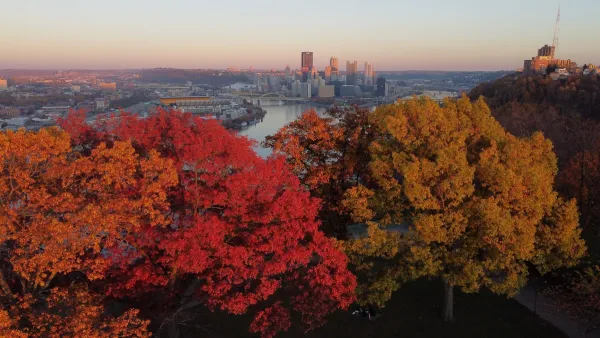
Pittsburgh Nonprofit Awarded $200K for Urban Trees
The USDA grant is focused on providing disease-resistant fruit trees to local residents.
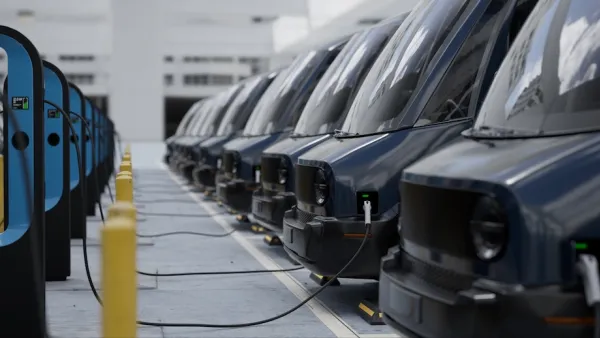
USDOT Unveils Strategies to Achieve Near-Zero Transportation Emissions
Three key strategies — reducing travel distances, increasing energy-efficient travel modes, and transitioning to zero-emission vehicles and fuels — are recommended to meet national climate goals under the Paris Agreement.
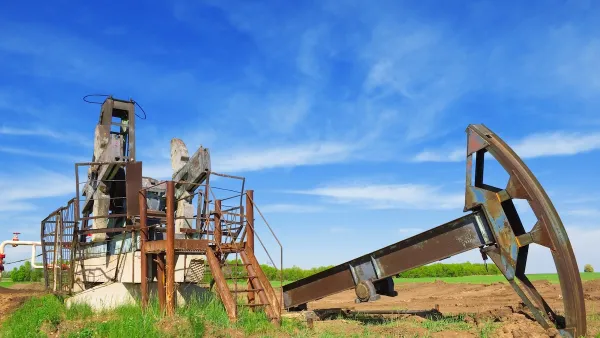
$127 Million Allocated to Clean Up Orphaned Wells in Five States
The funding will be used to plug orphaned oil and gas wells, addressing environmental hazards, creating jobs, and advancing environmental justice as part of a larger effort funded by the Bipartisan Infrastructure Law.
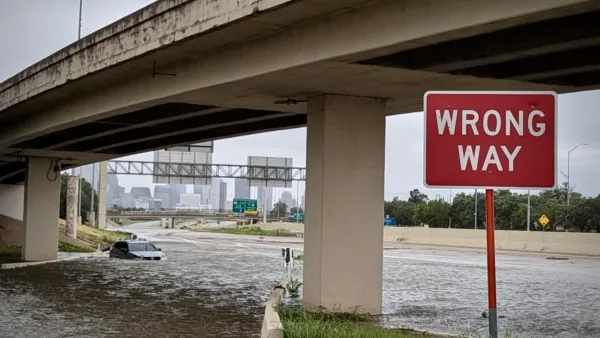
Houston Could Face Stronger Storms. Is the City Prepared?
Experts say Hurricane Beryl, which landed as a category 1, revealed that the city’s infrastructure may not successfully withstand stronger storms.
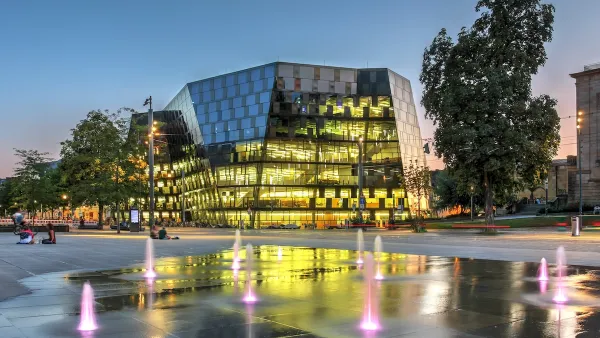
Using AI to Model Climate Impacts
A German research team used AI to understand how thermal stress will impact urban infrastructure down to the street level.

Federal and State Responses to Extreme Heat
Governments are mobilizing resources to address the impacts of longer and more intense heat waves on public health and infrastructure.
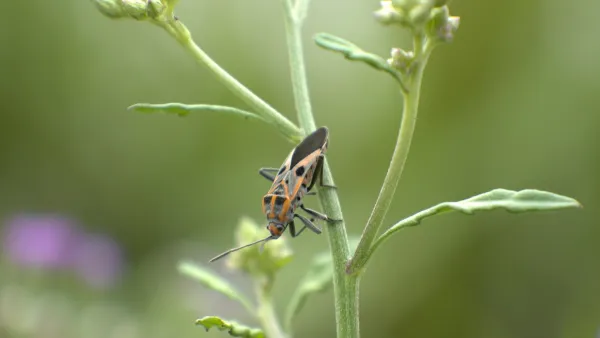
Invasive Beetles Threaten California's Oak Trees
Goldspotted oak borers are damaging California's oak trees, increasing wildfire risks and causing ecological and economic losses, with mitigation focused on local firewood sourcing and tree management.
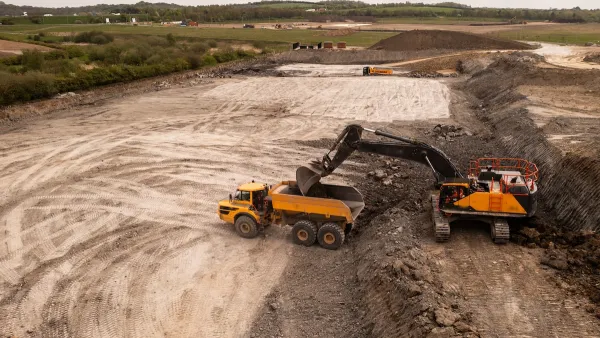
Revitalizing Toxic Sites Using Fungi and Plants
Fungi and plants are being used to detoxify polluted sites, turning hazardous brownfields into vibrant meadows and empowering communities with eco-friendly remediation skills.
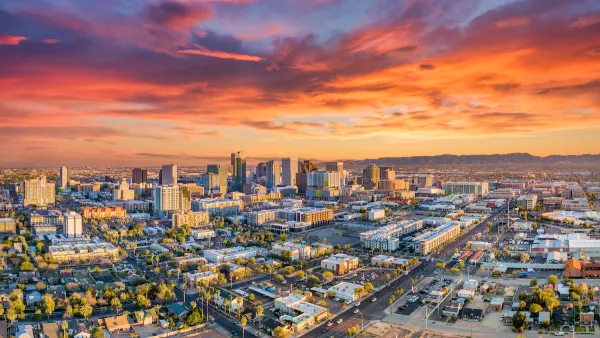
Phoenix Nonprofit Offers Medical Services to Unhoused Residents
The mobile medical units are administering IV fluids and treating heat-related illnesses as extreme heat blankets the Southwest.
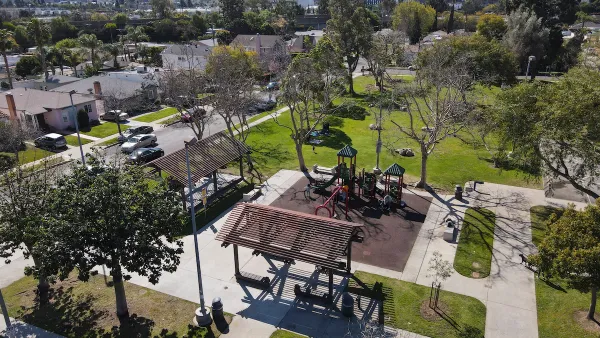
LA County Releases Funding for Parkland Acquisition in Underserved Communities
Los Angeles County has released $14.5 million in Measure A grant funds to support parkland acquisition in high-need areas, aiming to create additional green spaces and advance environmental justice and equity.

Climate Change Putting Coastal Infrastructure at Risk
More than 1,000 coastal facilities could flood as often as once a month as sea levels rise, according to a study from the Union of Concerned Scientists.
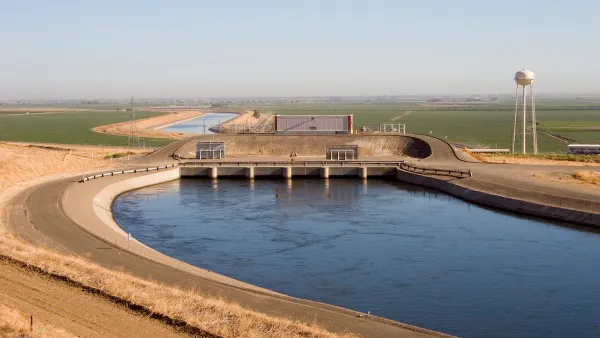
California’s 2024 Drinking Water Needs Assessment Reveals Critical Issues in Public Water Systems
The assessment identifies 385 failing public water systems and highlights significant funding gaps and affordability challenges in ensuring safe drinking water for disadvantaged communities.
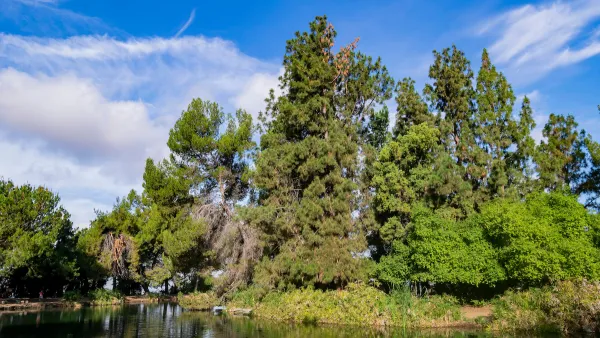
From Academia to Action: An Indigenous Reforestation Effort in Los Angeles
Ary Amaya, a UCLA graduate student, leads an Indigenous-led reforestation effort in Los Angeles, integrating cultural practices and ecological restoration across 27 acres to promote Indigenous sovereignty and sustainable land management.
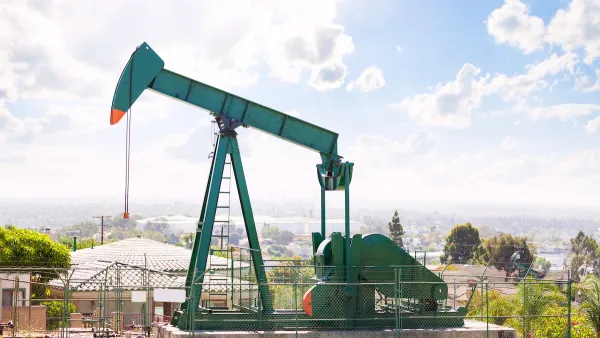
California's Struggle to End Neighborhood Oil Drilling Faces Fierce Industry Opposition
Assembly Bill 1866 aims to address the health hazards caused by idle oil wells in low-income communities by enforcing stricter regulations on oil companies to accelerate well cleanup, despite significant opposition from the oil industry.
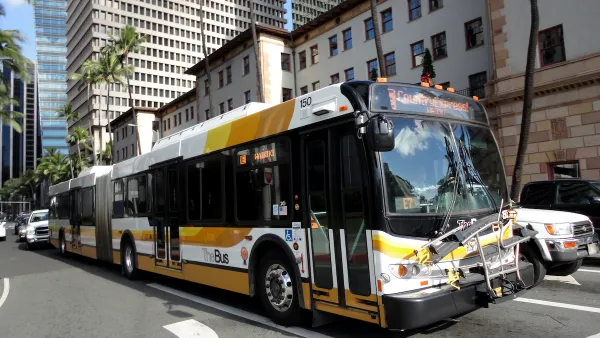
Youth Activists Secure Landmark Climate Agreement for Zero Emissions in Hawaii
The unprecedented climate settlement compels the state's transportation department to achieve zero emissions by 2045, marking a significant victory for climate justice and constitutional rights.

North Dakota Tribe Reclaims Agricultural Heritage with Massive Greenhouse Project
The Mandan, Hidatsa, and Arikara Nation in North Dakota is launching a massive greenhouse project to regain their agricultural heritage and achieve food sovereignty.
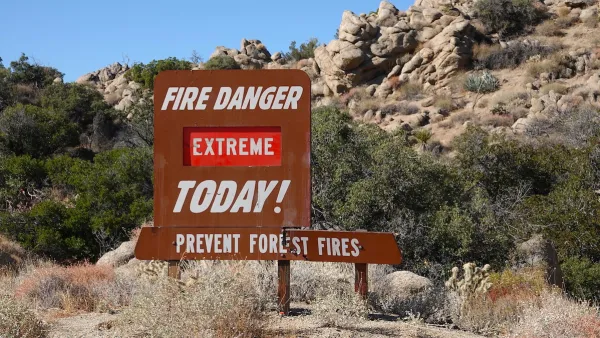
California Voters to Decide on Major Climate Funding in November
Californians will determine whether to approve a $10 billion bond for climate and environmental projects, which seeks to address critical issues such as wildfire prevention, safe drinking water, and protection of disadvantaged communities.
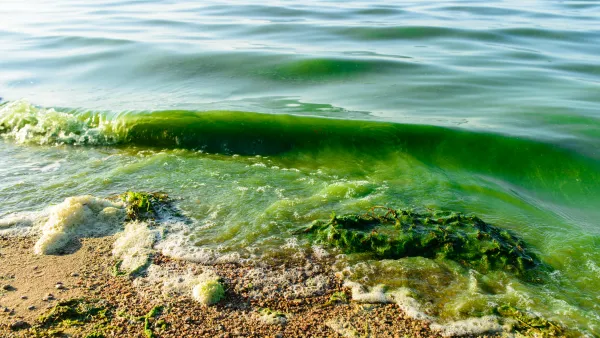
Predicting Toxic Algae Blooms with AI Modeling
Scientists hope to use AI and machine learning models to forecast water quality issues caused by toxic blue-green algae blooms.
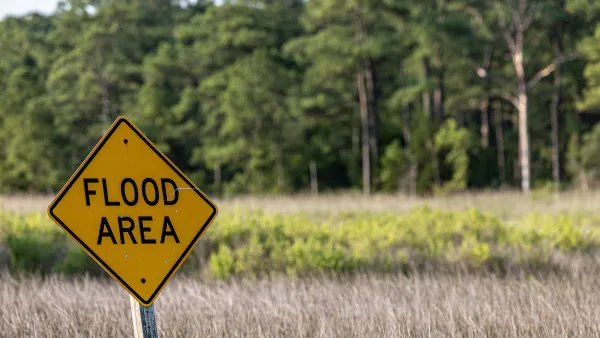
EPA Report Highlights Dire Impacts of Climate Change
The latest edition of the “Climate Change Indicators in the United States” report highlights the severe and widespread impacts of climate change on health and the environment, emphasizing the urgent need for action to mitigate these effects.

California Using AI to Get Ahead of Wildfires
The state is pioneering the use of technology to identify wildfire risks and alert firefighters before blazes get out of control.
Pagination
Urban Design for Planners 1: Software Tools
This six-course series explores essential urban design concepts using open source software and equips planners with the tools they need to participate fully in the urban design process.
Planning for Universal Design
Learn the tools for implementing Universal Design in planning regulations.
EMC Planning Group, Inc.
Planetizen
Planetizen
Mpact (formerly Rail~Volution)
Great Falls Development Authority, Inc.
HUDs Office of Policy Development and Research
NYU Wagner Graduate School of Public Service


































